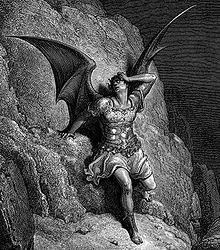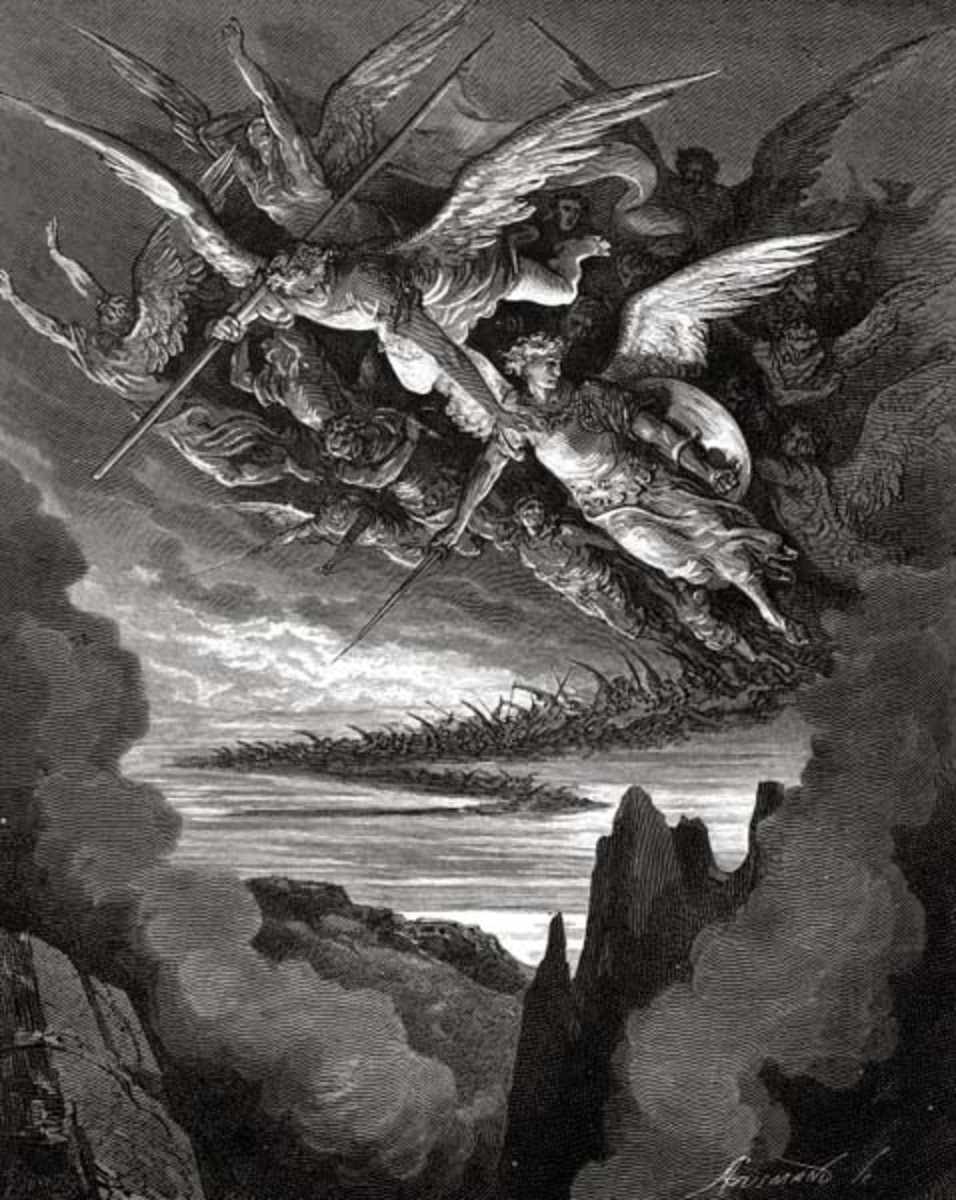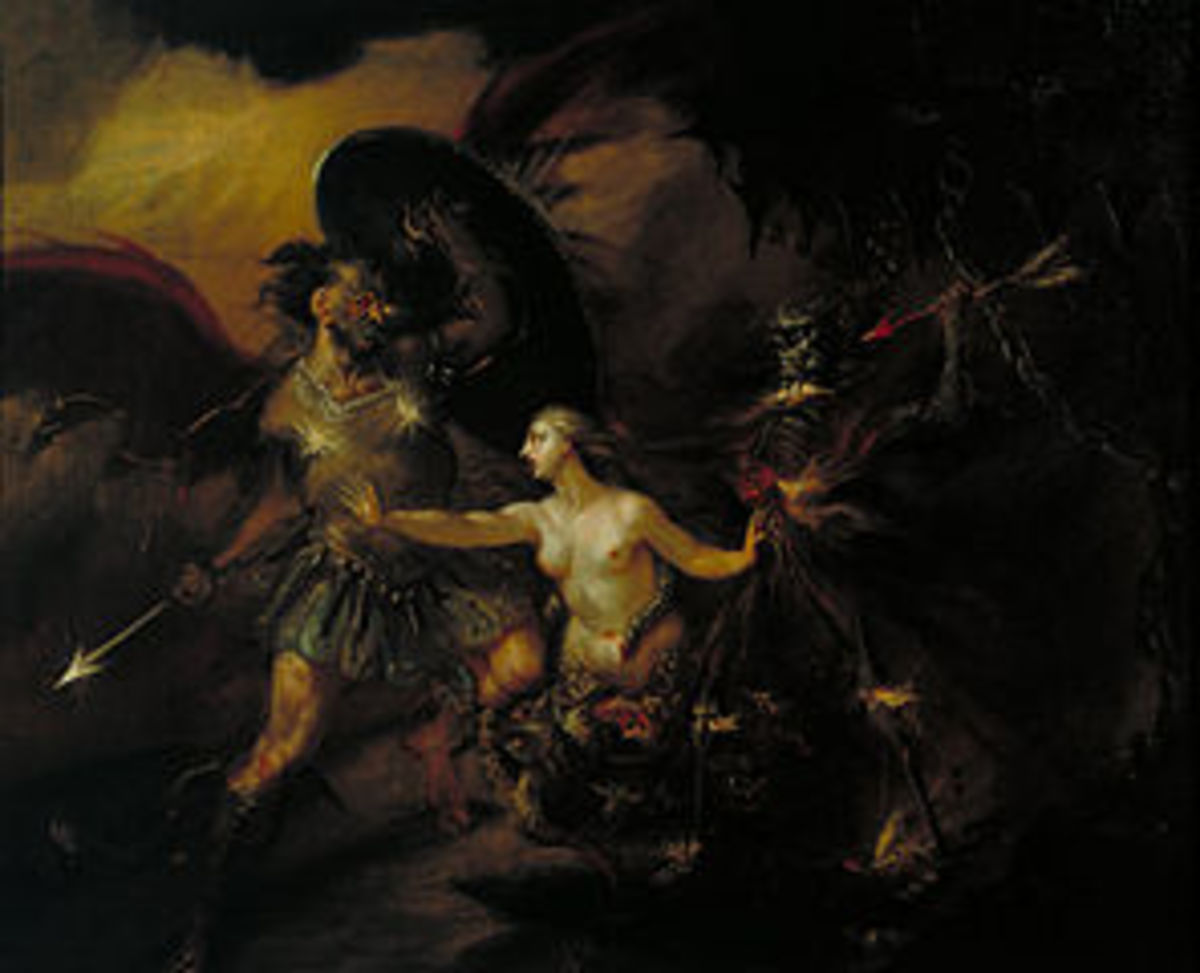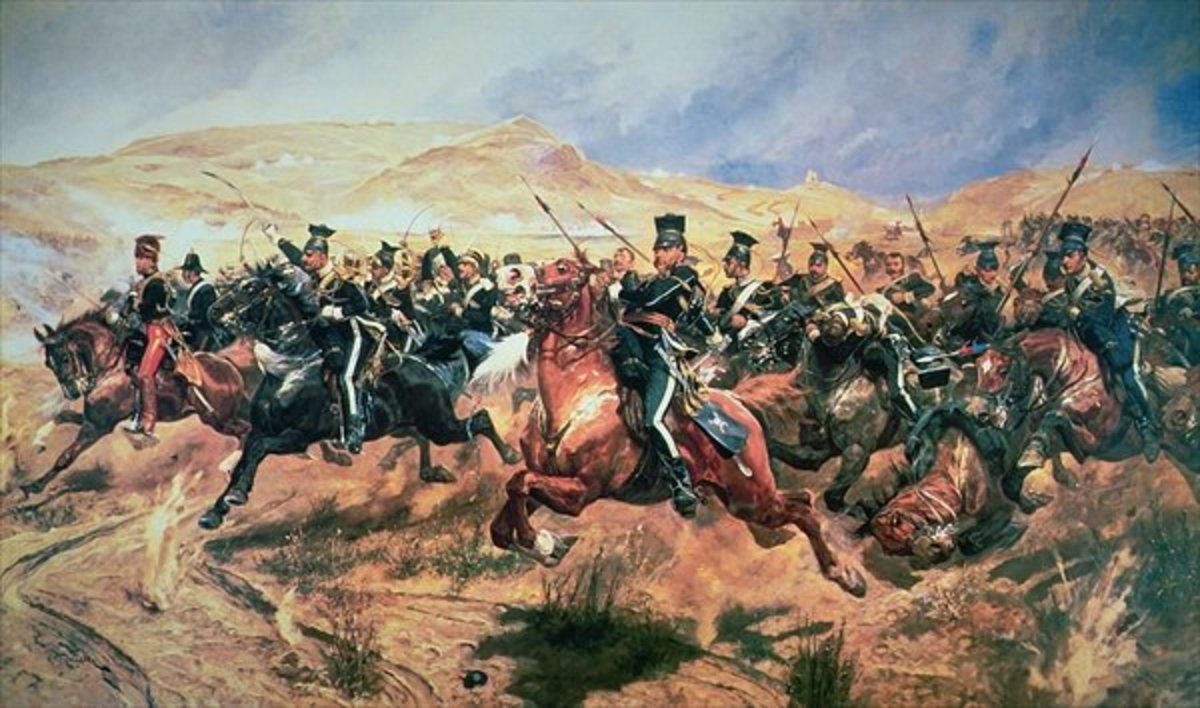Is Satan the Literary Hero of Paradise Lost?

Ever since the Romantic period, people have argued over the role of Satan in John Milton's Paradise Lost. Milton portrays Satan as a compelling character who embarks in what seems to be the ultimate Cinderella story...that is, if he were to succeed.
Now, don't misunderstand me. I do not root for Satan. I am not on his team.
However, as much as I hate to admit it, I think that it is a valid interpretation to see Satan as the hero of Paradise Lost. He falls under most of the traditional definition of the literary hero; showing courage when faced with adversity, rallying others behind his cause, fighting for what he believes in.
Sounds good, right?
Who is God, then?
Continuing to think in literary terms, it makes it possible then to view God the Father as a static character. He is all powerful and almighty. He is unable to be toppled because of the very nature of his character. God is neverchanging. He is living and full of more depth than we could ever understand, yet is static by definition in Paradise Lost.
In Book 2 during Belial’s speech, he says:
…for what can force or guile
With him, or who deceive his mind, whose eye
Views all things at one view? He from heaven’s height
All these our motions vain, sees and derides;
Not more almighty to resist our might
Thank wise to frustrate all our plots and wiles. (2.188-193).
Because God is all knowing, he will be victorious no matter what kind of plot against heaven Satan and his fallen angels come up with. Basically, God can win without even trying because he is God.
God cannot be the hero because things can be done easily and do not require any courage. Satan, who is merely a fallen angel with “faded splendour” (4.870) has the chance to be the hero in a real underdog story. His powers have weakened, and he is no match for the rest of the heavenly spirits, as Gabriel tells him at the end of Book 4.
Bummer.
The William Wallace Syndrome
Satan and his legion are thrown into hell, where there seems to be no escape or further victory. After the counsel and the formation of a plan to discover this race called Man, all of the fallen angels are terrified to take the journey.
Satan, their king and hero, makes his courageous speech that brings the rebels a new hope. Milton writes a scene that could be in any epic war movie where the odds are greatly against a troop. Satan ends his encouraging speech, describing the dangers he is about to face with this statement:
…intermit no watch
Against a wakeful foe, while I abroad
Through all the coasts of dark destruction seek
Deliverance for us all: this enterprise
None shall partake with me. (2.462-6).
Sounds like something from Braveheart. Satan is taking on this dangerous adventure alone, a sole hero, a courageous king, with the goal of achieving final freedom for his fellow fallen.
Even though Milton does characterize Satan as a courageous character, and even possibly the hero of the poem, the other critiques of Satan depict him as a creature of “selfishness or folly.” As John Carey points out in his essay "Milton's Satan", both of these critiques are insufficient as absolutes. He claims, “If we wish to find a single term for the character attribute which Satan’s ambivalent presentation taken as a whole, generates, then the most suitable term seems to be ‘depth’” (162).
Milton portrays Satan as a multifaceted character, full of forced hatred, pride, longing for the past, and courage to go on with the future. I think Milton depicts him with such depth to highlight the utter confusion of this creature, one where chaos permeates his being, who had the chance to serve God, and even return to Him, but refused his former power in favor of his pride as king, even of hell.
References and Additional Reading
Carey, John. “Milton’s Satan.” The Cambridge Companion to Milton. Ed. Dennis Danielson. Cambridge: Cambridge University Press, 1999. 160-74.
Milton, John. “Paradise Lost.” John Milton: The Major Works. Eds. Stephen Orgel and Jonathan Goldberg. Oxford: Oxford University Press, 1991. 355-618.








